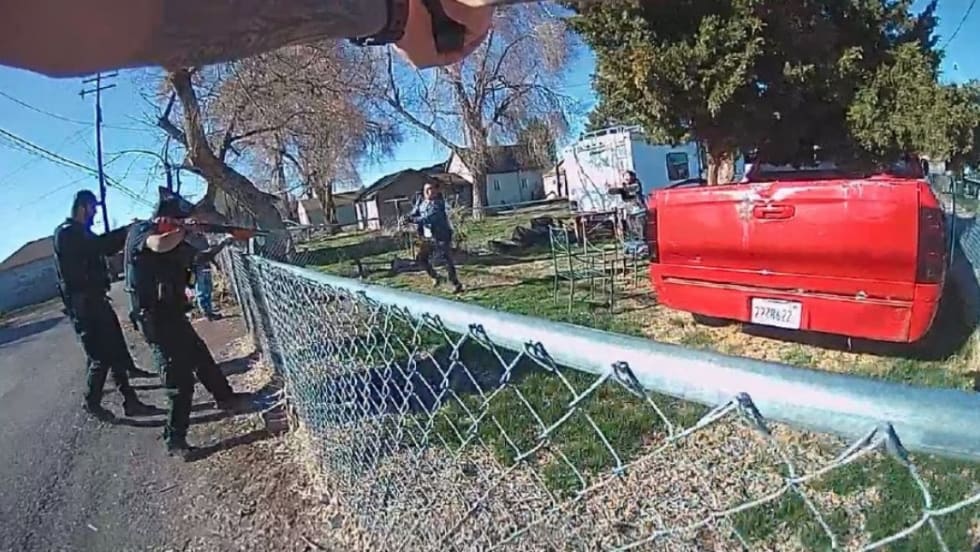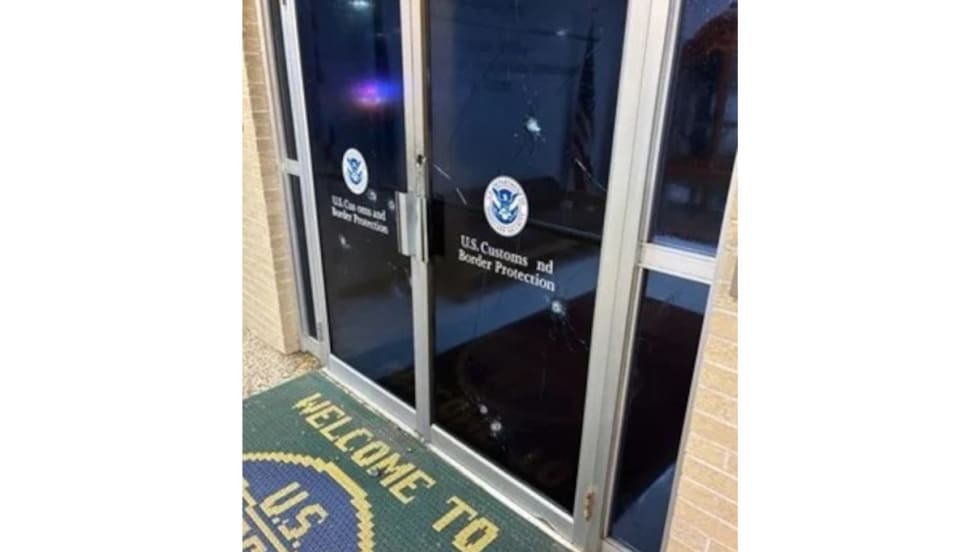On Wednesday, Google announced it would soon change the way it would store and access users’ opt-in “Location History” in Google Maps, making the data retention period shorter, and making it impossible for the company to access it. That means it will no longer respond to “geofence warrants. a controversial legal tool used by local and federal authorities to force Google to hand over information about all users within a given location during a specific timeframe.
The company confirmed the impact of the change to Forbes. A current Google employee who was not authorized to speak publicly told Forbes that along with the obvious privacy benefits of encrypting location data, Google made the move to explicitly bring an end to geofence warrants using Google information.
The change doesn’t prevent the government from getting information on a specific user by demanding their full account details, the Google employee said. But investigators can no longer hand over some coordinates and a timeframe, and compel Google to give it either identifying data or metadata on all users within those parameters.
The California District Attorneys Association, a state level group that has previously opposed new restrictions on geofence warrants, noted that in 2022, sheriffs deputies in Santa Clara County used the technique to solve “9 separate residential burglaries.”
Similarly, Orin Kerr, a law professor at the University of California, Berkeley, wrote on X on Wednesday that “from a public policy standpoint, that seems like a bummer.”
“Geofencing has solved a bunch of really major cases that were otherwise totally cold,” he wrote.










